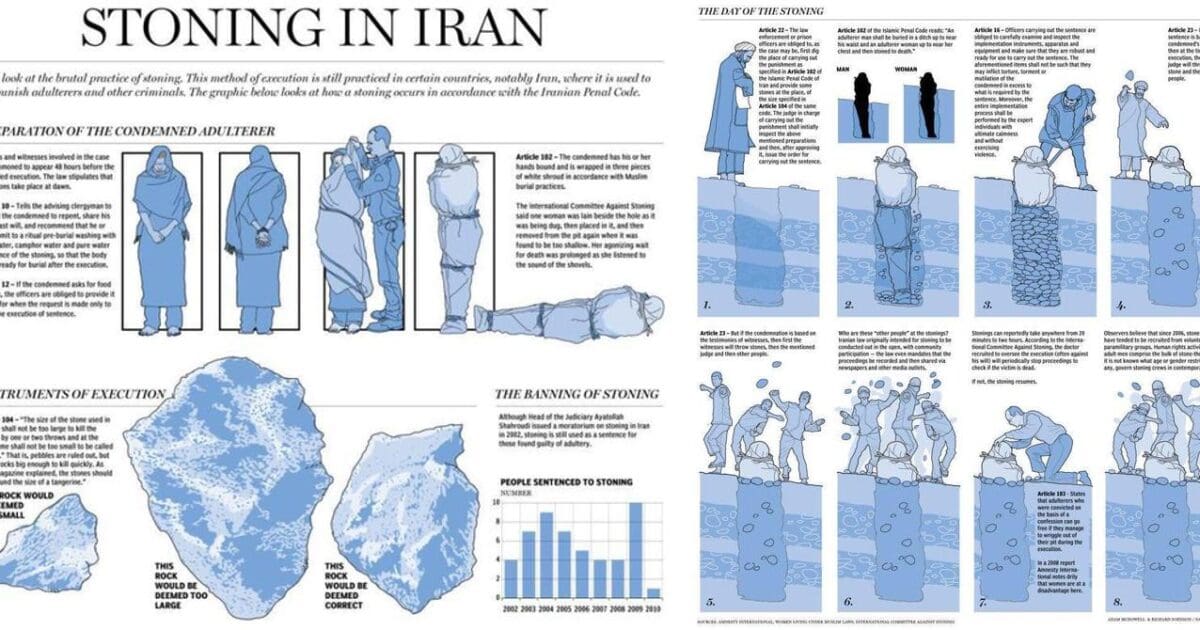Polish Prime Minister Donald Tusk has announced the temporary suspension of the right to apply for asylum at the Belarusian border as a response to what he calls Russia’s “hybrid warfare.” The move, which Politico reports, aims to counter the flow of asylum seekers allegedly orchestrated by Russia through Belarus to destabilize Poland. Tusk plans to push this strategy at the upcoming EU Council meeting, demanding Brussels’ approval even in the face of likely opposition from other member states.
Hybrid warfare refers to a strategy that blends conventional military force with unconventional tactics, including cyberattacks and—in this case—weaponizing migration. Tusk argues that Russia is exploiting vulnerable populations, sending them across the border to flood Poland with asylum seekers, which strains national resources, creates internal conflicts, and destabilizes European unity.
Tusk’s decision comes as Europe grapples with the escalating crisis of mass illegal migration, which has overwhelmed resources and stoked widespread public unrest. Although Tusk had previously opposed the strict migration policies of Poland’s former ruling Law and Justice Party (PiS), he is now taking a similarly hardline conservative approach. Tusk sees suspending the right to asylum as essential to defending Poland’s borders and preventing Russia’s manipulation from undermining the country’s stability. He emphasized that this new policy is crucial for Poland’s security—whether Europe likes it or not. Tusk’s government views the influx of migrants through Belarus as a deliberate tool of political disruption designed to sow chaos and division within the EU.
While Tusk is likely to receive the green light from Brussels due to his alignment with the EU’s globalist goals, this decision places the European Commission in a difficult position. The Commission has consistently attacked conservative governments like Poland’s PiS and Hungary’s Fidesz for refusing to comply with Brussels’ reckless open-border migration policies, which they see as a direct threat to national sovereignty and security. However, maintaining good relations with Tusk, who came to power by ousting PiS through a coalition of center-right, liberal, and social democratic parties, remains a priority.
Yet, suspending asylum rights could trigger a domino effect, encouraging other European countries to adopt similar measures. Many EU nations are already battling the overwhelming and dangerous challenges posed by unchecked migration, which threatens their security and social stability. Tusk’s policy could shift the balance of power, allowing member states to assert more control over their borders and protect their countries. This directly undermines the European Commission’s authority over its far-left open-borders agenda, exposing its weakening control over migration policy across Europe.
Tusk’s decision could spark a seismic shift across Europe, marking the beginning of a new era where national security takes precedence over Brussels’ failed migration policies. As other countries consider following suit, the European Commission faces the challenge of balancing support for Tusk with preserving its own influence over migration policy.
Ultimately, this bold move by Tusk is reshaping Europe’s migration landscape, testing the limits of EU unity and sparking a critical debate over national sovereignty in the face of external threats. Whether Europe embraces or resists this strategy, the stakes for the future of asylum policy have never been higher.
However, many remain skeptical about Tusk’s true motivations. According to Polish political scientist Mieczysław Ryba from the Catholic University of Lublin, Tusk’s actions are driven more by political calculations than genuine security concerns. “Tusk is doing all this for the presidential election,” Ryba argued in an interview. He believes that Tusk’s sudden shift toward a tough anti-migration stance is primarily a strategy to gain leverage in the upcoming presidential race. Ryba points out that despite Tusk’s rhetoric, the EU’s migration pact remains the dominant legal framework, and Tusk’s actions are unlikely to lead to significant changes before the elections.














“Giovanny Aldama Garcia is charged with leaving his dog tied to a pole as Hurricane Milton headed toward Florida. (Hillsborough County Sheriff’s Office)”
TIE THAT IDIOT TO THE POLE ALSO, FOR EVER!
DON’T LISTEN OR BELIEVE ANY OTHER EU LEADER THAN ORBAN.
ALL EXCEPT ORBAN ARE CRIMINALS, TERRORISTS, EVEN GENOCIDE CRIMINALS AND MUST BE ARRESTED AND HANGED FOR CRIMES AGAINST HUMANITY.
START THE HANGINGS WITH THE WORST OF THEM: URINE VON DER LEYEN, EMMANUELLE MACRON, SCHOLZ, CENSORING GESTAPO CHIEF BRETON-GOEBBELS, FYHRER MERKEL, STUPIDO-STUBB, MELONI, etc.